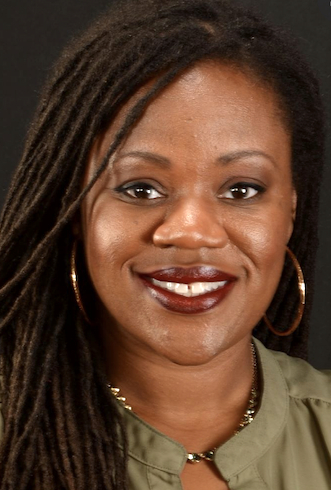On this date in 1980, author, mental health professional and secular activist Candace Rene Miller Gorham was born in North Carolina. Her family was religious and as a child she went door to door as a Jehovah’s Witness. She also started having mood disturbances, which by early adulthood led to severe depression and anxiety that became debilitating. She was confirmed in her father’s Methodist church before gravitating to a nondenominational one with Pentecostal beliefs. She was ordained as an evangelist at age 21, a year after she was married, then was “promoted” to eldress and prophetess.
She preached, spoke in tongues, healed the sick and drove out demons. Gorham would come to see this behavior as “psychological abuse” of people — the belief that “hellhounds would come out of hell and grab your children.” She would later come to see that according to the Diagnostic and Statistical Manual of Mental Disorders, she met all 27 criteria for post-traumatic stress disorder. “It’s almost impossible to come out of a conservative, biblical, literalist type environment without some level of PTSD.” (Freethought Matters, April 30, 2018)
After earning a degree in secondary education from North Carolina Central University, she taught high school English. Her therapist convinced her to enroll in the community counseling master’s program at Wake Forest University, which she completed while focusing on black women’s mental health. She had started to deeply question her religious beliefs and her faith began to crumble. She moved to Bermuda and taught middle school English for two years.
In 2011 Gorham decided to reach out to other women suffering from the oppression of religious dogmatism and launched the Ebony Exodus Project, which was the title of her 2013 book, subtitled Why Some Black Women Are Walking Out On Religion — and Others Should Too. It tells the stories of women she interviewed, interspersed with topics detailing religion’s effects on mental, emotional and physical health, sex and flawed thinking patterns. Black women bear a particular burden because of religion’s cultural as well as theological hold on the community.
In addition to her work as a counselor, she’s a member of the Clergy Project, the Secular Therapist Project, the Black Humanist Alliance and the speakers bureau for the Secular Student Alliance. She has a daughter (age 15 as of this writing in 2019) and they live in Durham, N.C.


